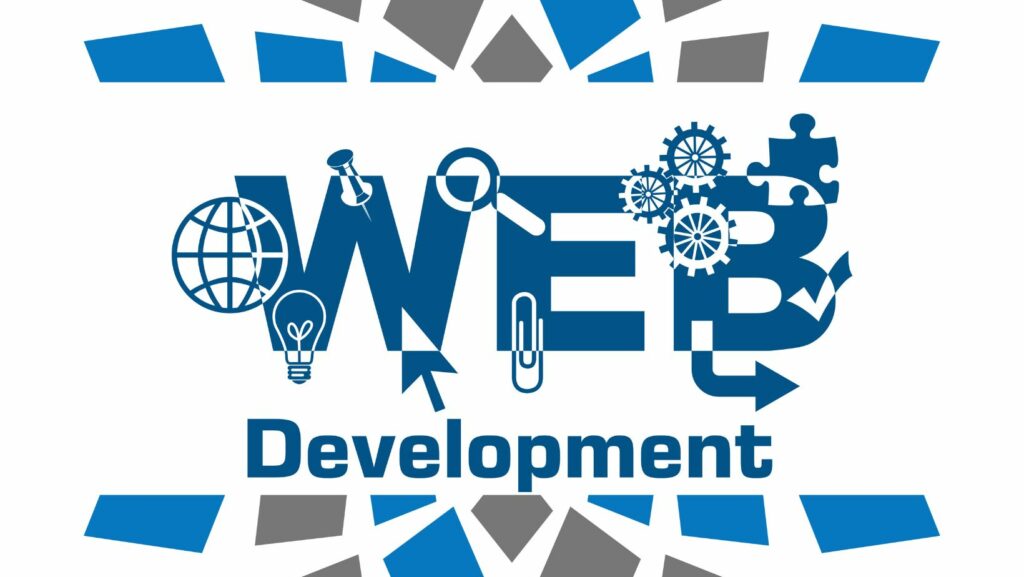Key Takeaways
- Benefits of Open Source ETL Tools: These tools offer cost-effectiveness, flexibility, and robust community support, making them suitable for organizations aiming to optimize data management without incurring high expenses.
- Customization and Flexibility: Open source ETL tools can be tailored to meet unique business data workflows, ensuring organizations can adapt to changing data requirements quickly.
- Community-Driven Development: The active user communities behind these tools contribute to continuous improvements and enhancements, providing invaluable resources and support for troubleshooting.
- Wide Integration Capabilities: Open source ETL tools can connect to various data sources and platforms, facilitating seamless data movement across the business landscape.
- Scalability and Ease of Use: Many open source ETL solutions, such as Apache NiFi and Talend, offer features that allow for easy scaling as data volumes grow and are designed to be user-friendly for quicker implementation.
In today’s data-driven world, businesses are constantly seeking ways to streamline their data management processes. Open source ETL tools have emerged as powerful solutions, enabling organizations to extract, transform, and load data efficiently without the hefty price tag of proprietary software. These tools not only foster innovation but also provide the flexibility needed to adapt to evolving data landscapes.
With a growing number of open source ETL tools available, companies can harness the power of community-driven development. This collaborative approach often leads to rapid enhancements and a wealth of features that cater to diverse data integration needs. As organizations look to leverage their data for better insights, understanding the benefits and capabilities of these open source solutions becomes essential.
Open Source ETL Tool
 Open source ETL tools facilitate data integration by enabling users to extract, transform, and load data from diverse sources. These tools offer flexibility and customization, allowing organizations to tailor their data workflows to specific requirements.
Open source ETL tools facilitate data integration by enabling users to extract, transform, and load data from diverse sources. These tools offer flexibility and customization, allowing organizations to tailor their data workflows to specific requirements.
Key features of open source ETL tools include:
- Flexibility: Open source software can be modified to fit unique business processes. Custom features can be implemented without vendor restriction.
- Cost-Effectiveness: Many open source ETL tools are available at no licensing cost, reducing overall expenses while providing robust functionality.
- Community Support: Development occurs through community contributions, leading to continuous enhancements and a wealth of shared resources. Users benefit from forums, documentation, and active user groups.
- Integration Capabilities: These tools support a wide range of data sources, including databases, cloud services, and APIs, ensuring seamless data flow across different platforms.
- Scalability: Open source ETL solutions can scale as data volumes increase, supporting businesses as they grow and evolve.
Popular open source ETL tools include:
| Tool Name | Description |
|---|---|
| Apache NiFi | Provides data flow automation and management. |
| Talend Open Studio | Offers comprehensive data integration solutions. |
| Airflow | Focuses on orchestrating complex workflows. |
| Pentaho Data Integration | Delivers broad data integration and analytics capabilities. |
Understanding the landscape of open source ETL tools equips organizations with the knowledge necessary to choose the right solution for their data management strategies.
Benefits of Open Source ETL Tools
Open source ETL tools offer numerous benefits that enhance data management processes. Their cost-effectiveness and strong community support play significant roles in their growing popularity among organizations.
Cost-Effectiveness
Cost-effectiveness stands as one of the primary benefits of open source ETL tools. By eliminating licensing fees associated with proprietary software, these tools allow organizations to allocate resources more efficiently. Many open source options offer extensive features and functionalities without the need for costly subscriptions. Organizations can utilize these tools to build robust data pipelines without incurring significant expenses. Additionally, organizations benefit from the flexibility to modify and extend capabilities without additional costs, which can lead to substantial savings in the long term.
Community Support
 Community support represents another essential advantage of open source ETL tools. Enthusiastic user communities contribute to continuous development and improvement, fostering innovation through shared resources and expertise. Users gain access to forums, documentation, and real-time assistance from fellow developers, streamlining troubleshooting processes. This collaborative approach not only accelerates feature enhancements but also ensures that diverse use cases and challenges receive attention. Organizations leveraging open source ETL tools can rely on the vast knowledge of the community, providing an invaluable resource for troubleshooting, optimizations, and best practices.
Community support represents another essential advantage of open source ETL tools. Enthusiastic user communities contribute to continuous development and improvement, fostering innovation through shared resources and expertise. Users gain access to forums, documentation, and real-time assistance from fellow developers, streamlining troubleshooting processes. This collaborative approach not only accelerates feature enhancements but also ensures that diverse use cases and challenges receive attention. Organizations leveraging open source ETL tools can rely on the vast knowledge of the community, providing an invaluable resource for troubleshooting, optimizations, and best practices.
Numerous open source ETL tools stand out for their efficiency and flexibility. Each tool offers unique features tailored to various data management needs.
Tool 1: Apache NiFi
Apache NiFi excels in data flow automation. It provides a user-friendly, web-based interface for designing data flows using drag-and-drop functionality. NiFi’s key features include data provenance, backpressure, and prioritization of data flows, ensuring reliable data processing. It integrates seamlessly with numerous data sources and destinations, including databases, cloud storage, and IoT devices. Security features such as SSL and certificate authentication enhance data protection.
Tool 2: Talend Open Studio
Talend Open Studio is recognized for its rich graphical interface and robust data integration capabilities. This tool facilitates the design of data integration workflows without extensive coding knowledge. Talend supports various data formats and sources, enabling organizations to unify data from disparate systems. It offers pre-built connectors for leading databases, cloud applications, and enterprise systems. Talend’s active community contributes to continuous enhancement, providing extensive documentation and user support.
Tool 3: Airflow
Airflow specializes in orchestrating complex data workflows. With its Python-based framework, users can define workflows programmatically, offering flexibility and extensibility. Airflow’s DAG (Directed Acyclic Graph) structure models task dependencies clearly, promoting efficient execution. It also features a web interface for monitoring workflow progress in real-time. Airflow integrates well with various data storage solutions and execution environments, making it suitable for dynamic data processing tasks.
Key Features to Consider
Open source ETL tools offer numerous features that enhance data management processes. Key aspects like scalability and ease of use significantly impact the effectiveness of these tools.
Scalability
Scalability defines how well an ETL tool adapts to increasing data volumes and complexity. Efficient open source ETL solutions can manage vast datasets without compromising performance. Users can start with small implementations and expand as data needs grow. For instance, Apache NiFi provides dynamic scaling capabilities to accommodate fluctuating data flows, while Talend Open Studio supports enterprise-level data integration with modules that can scale seamlessly. Opting for a scalable tool safeguards investment and future-proofs data workflows.
Ease of Use
Ease of use ensures that team members can quickly grasp the tool and implement ETL processes effectively. Intuitive interfaces and visual design elements simplify the creation and management of data pipelines, reducing the learning curve. Talend Open Studio’s graphical interface, for example, allows users to drag and drop components, facilitating quick setup. Similarly, Airflow’s clear structure enables users to define complex workflows with minimal effort. Choosing an easy-to-use ETL tool enhances productivity and accelerates development cycles, making it a vital feature for organizations.
Popular Open Source ETL Tools
Open source ETL tools are transforming how organizations manage and integrate data. With their flexibility and cost-effectiveness, these tools empower businesses to create tailored data workflows that meet unique needs. The strong community support surrounding these solutions fosters continuous improvement and innovation, ensuring users have access to valuable resources.
As data environments evolve, adopting open source ETL tools can provide a competitive edge. Organizations that leverage these solutions can optimize their data management strategies and drive insightful decision-making. By choosing the right open source ETL tool, businesses can unlock the full potential of their data while enjoying the benefits of community-driven development.

